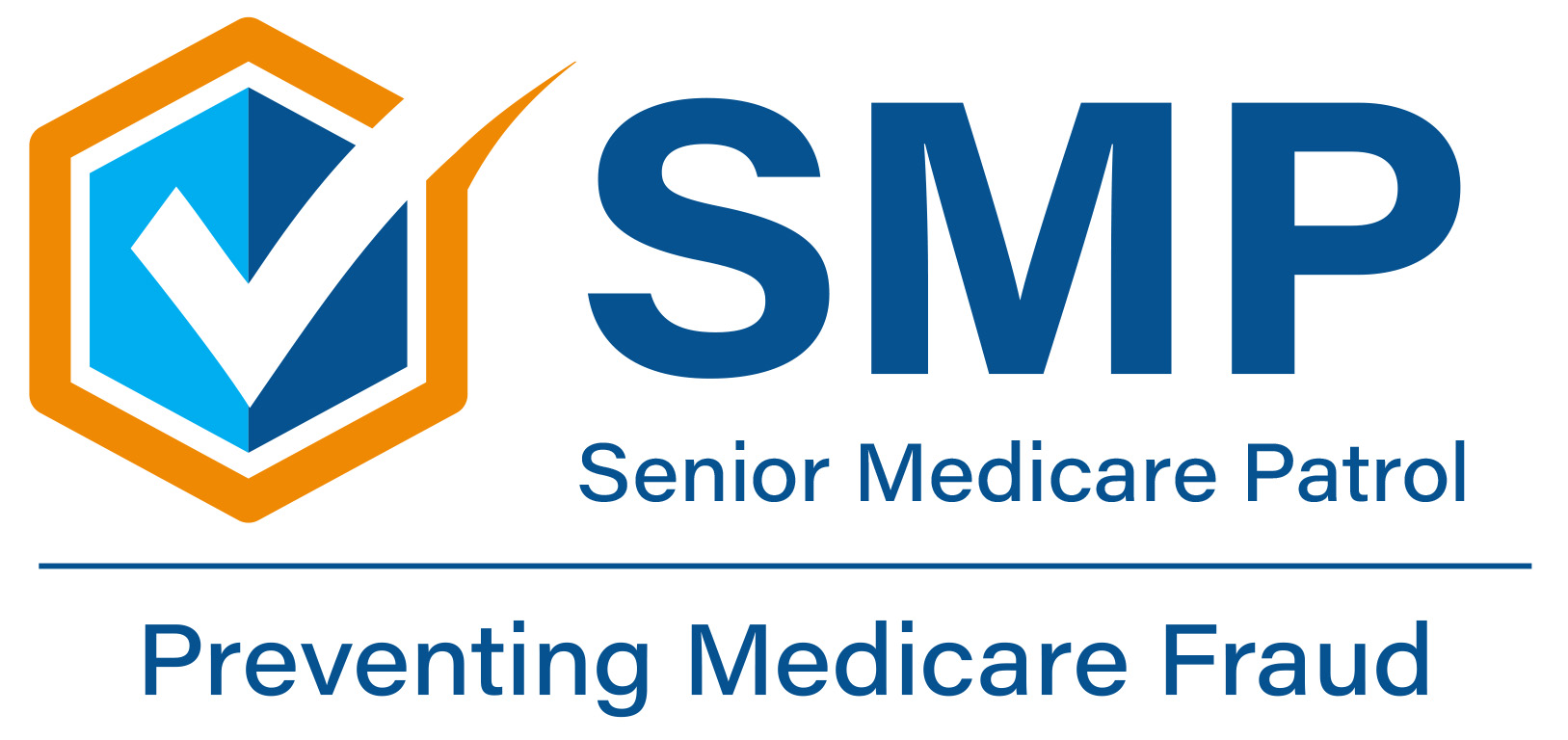Protect Yourself
and loved ones from Medicare fraud
Senior Medicare Patrols (SMPs) empower and assist Medicare beneficiaries, their families, and caregivers to prevent, detect, and report health care fraud, errors, and abuse.

Join the SMP for Medicare Fraud Prevention Week!
00
Years
00
Months
15
Days
04
Hours
45
Minutes
46
Seconds
Featured News
Remote Patient Monitoring Company Settles Allegations
They allegedly paid a marketing service for beneficiary referrals.
Update: Woman Sentenced for COVID-19 Test Fraud
Nasal swab specimens for COVID-19 were also tested for respiratory pathogens.
Woman Gives Medicare Number to Unknown Caller
SMP said to be suspicious of anyone offering free medical equipment.




